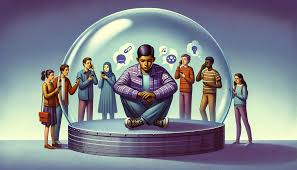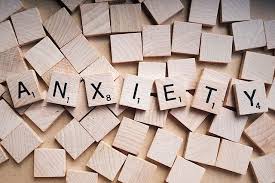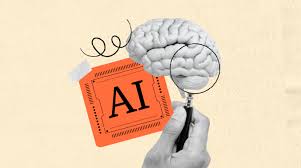The Hidden Scars of Domestic Violence on African Children
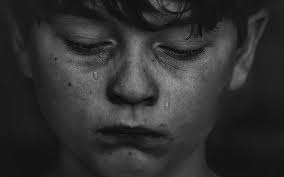
Domestic violence is a pervasive problem that casts a long and dark shadow over many communities in Africa.
While the focus is often on the immediate victims and the adults directly subjected to physical or emotional abuse there is a silent and devastating impact that often goes unacknowledged: the profound and lasting harm inflicted upon the children who witness it.
These children, the "hidden victims," carry a heavy burden of emotional and psychological scars that can affect their development, behavior, and future relationships for a lifetime.
This article delves into the harrowing reality of how witnessing abuse, even without being a direct target, can break a child's spirit and perpetuate a vicious cycle of violence.
The psychological toll on these children is immense, often manifesting as severe anxiety, depression, and post-traumatic stress disorder (PTSD).
Constantly living in a state of hyper-vigilance, they may struggle with poor academic performance, difficulty concentrating, and a heightened sense of fear.
As they grow older, they may internalize the violent dynamics they witnessed, leading them to either become perpetrators themselves or accept abusive behavior as normal in their own relationships.
Without proper intervention, this generational trauma can shatter family structures and undermine community well-being, highlighting the urgent need for support systems that address the unique needs of these vulnerable young survivors.
The Psychological and Behavioral Aftershocks
Source: Google
The brain of a child is a delicate and developing organ, highly susceptible to its environment. When a child witnesses domestic violence, their brain is constantly on high alert, activating a stress response that can lead to long-term neurological and psychological damage.
The constant fear and unpredictability of living in a violent home can impair the development of the brain's emotional and cognitive centers, leading to a range of devastating consequences.
For young children, the effects can manifest as developmental and behavioral regressions. They may experience excessive irritability, emotional distress, sleep problems, and separation anxiety.
They might revert to behaviors like bed-wetting or thumb-sucking, and their language and motor skills may be delayed. The stress of living in a state of hypervigilance can also suppress their IQ and ability to focus, making it difficult for them to learn and succeed in school.
As children grow older, the trauma can evolve into more complex and severe psychological issues. Adolescents who witness domestic violence are at a significantly higher risk of developing anxiety, depression, and Post-Traumatic Stress Disorder (PTSD). They may engage in self-destructive behaviors such as substance abuse, risky sexual activity, or self-harm.
Social Insight
Navigate the Rhythms of African Communities
Bold Conversations. Real Impact. True Narratives.
The trauma also affects their ability to form healthy relationships. Having grown up in an environment where conflict is resolved through violence and communication is laced with fear, they may struggle with trust and intimacy, either becoming withdrawn and socially isolated or lashing out with anger and aggression.
The Perpetuation of a Cycle
One of the most tragic consequences of this exposure is the increased likelihood of children continuing the cycle of abuse into adulthood.
Research has shown that boys who witness their fathers abuse their mothers are significantly more likely to become perpetrators of domestic violence themselves. Similarly, girls who grow up in violent homes are at a higher risk of becoming victims in their own adult relationships.
This learned behavior is deeply ingrained, making it difficult to break without targeted intervention. The trauma they experienced becomes a blueprint for their future relationships, where they may unknowingly seek out or tolerate the very behavior that caused them so much pain as children.
A Collective Responsibility: Community and Institutional Support.
Source: Google
Addressing this crisis requires a collective and compassionate effort from every level of African society. It is not just a family matter; it is a community responsibility.
Schools can play a vital role as a safe haven and a place for early identification. Teachers and school counselors are often the first to notice the behavioral changes in a child affected by domestic violence, such as aggression, social withdrawal, or poor academic performance.
By training educators to recognize these signs and equipping them with the resources to provide support, schools can become crucial points of intervention. This includes providing access to school-based counselors, creating safe spaces for children to express their feelings, and implementing programs that teach conflict resolution and healthy relationship skills.
Places of Worship and community leaders also hold immense influence. In many African societies, religious and traditional leaders are highly respected and serve as central figures in community life. They can leverage their authority to speak out against domestic violence, challenging the cultural norms and stigmas that keep the issue hidden.
By reframing domestic violence as a moral and social ill rather than a private family matter, they can encourage open dialogue and create a supportive environment where victims feel empowered to seek help.
Effective Interventions and a Path to Healing
Source: Google
While the challenges are immense, there is hope in the form of effective interventions and support systems. A number of African-based NGOs and community programs are providing a lifeline to these hidden victims. Their work often involves a multi-pronged approach:
• Therapeutic Support: Providing access to trauma-informed therapy is crucial. These interventions are designed to help children process their experiences in a safe environment, develop coping mechanisms, and build resilience.
Therapy can be provided on an individual or group basis and often involves both the child and the non-abusive parent to help rebuild their bond and create a more stable home environment.
•Safe Havens and Shelters: For children and their mothers who are able to escape a violent home, shelters provide an immediate safe space. These facilities offer not just protection but also a range of support services, including counseling, educational resources, and legal assistance, to help them rebuild their lives and heal from the trauma.
Social Insight
Navigate the Rhythms of African Communities
Bold Conversations. Real Impact. True Narratives.
•Community-Based Programs: Organizations are also working at the grassroots level to address the root causes of domestic violence. This includes implementing parenting programs that teach positive discipline and non-violent conflict resolution.
By working directly with families and communities, these programs aim to change attitudes and behaviors from the inside out, preventing the violence before it starts.
The hidden scars of domestic violence on African children are a call to action for all of us. By bringing this issue out of the shadows and into the light, we can begin to heal a generation.
It is our collective responsibility to ensure that every child has the right to a safe and nurturing home, free from the fear and trauma of violence. Only then can we truly break the cycle and build a more resilient and compassionate future for all of Africa’s children.
You may also like...
Top House Leader Mike Johnson Declares Shared Future for Congress and Crypto

House Speaker Mike Johnson has pledged House Republicans' close collaboration with the Bitcoin and crypto industry to fo...
Egyptian Innovator Duaya Snaps Up EXMGO, Revolutionizing Pharmacy Tech!

Egypt's healthtech scene sees a significant development as Duaya acquires local SaaS provider EXMGO in a six-figure deal...
Egyptian Startup Farid Storms Saudi Market with $1.3M Expansion Deal!
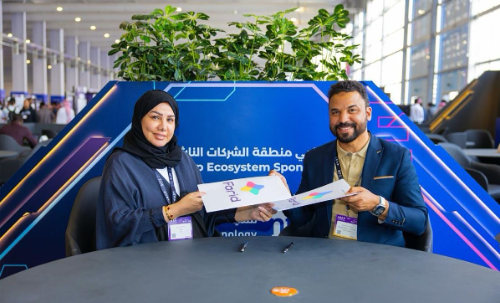
Egyptian edtech startup Farid has expanded its operations into Saudi Arabia, establishing a central office in Riyadh and...
Trump's Tumultuous UK State Visit: Protests Erupt as Epstein Images Projected on Windsor Castle

Donald Trump's second state visit to the UK has ignited widespread protests, including controversial projections onto Wi...
Charlie Kirk Assassination Shocks Nation: From White House Anguish to Killer's Desperate Measures

The assassination of far-right provocateur Charlie Kirk at Utah Valley University has led to capital murder charges agai...
Graft Wars: Kenya Police Recruitment Drive in Jeopardy Amid Online Bid & Stalemate Chaos
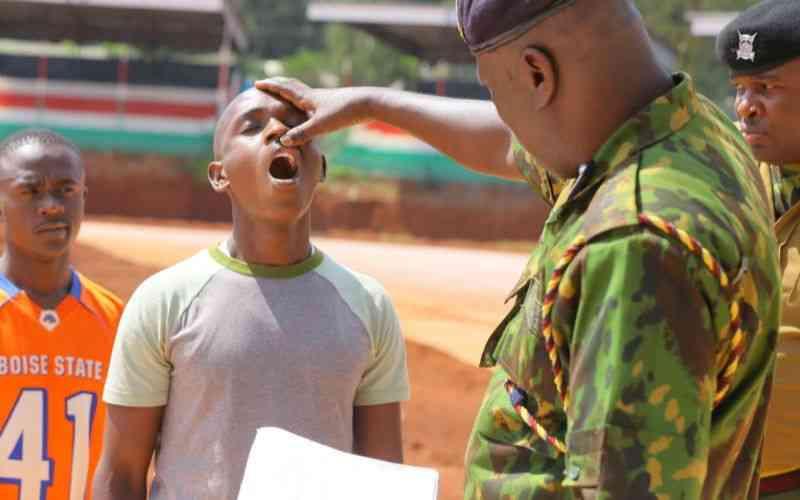
Kenya's Inspector General of Police, Douglas Kanja, has acknowledged deep-seated corruption in police recruitment, propo...
Unmasking Injustice: Mbobu's Brutal Killing & Friend's Horrifying '96 Hours in Hell' Ordeal
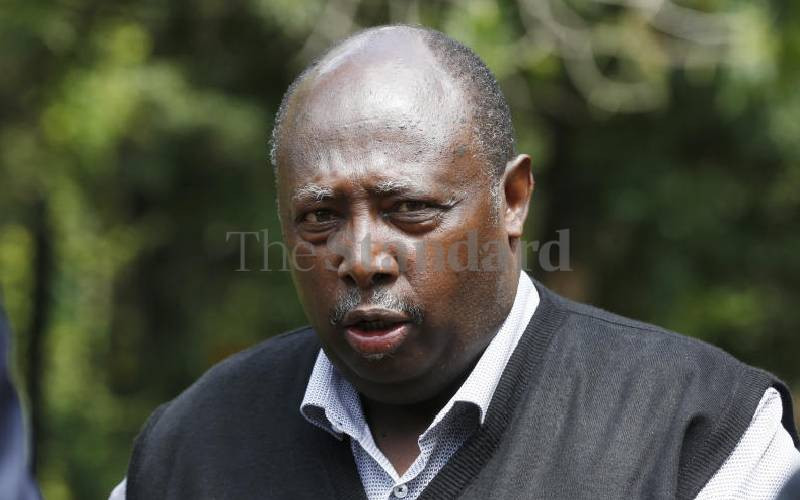
The murder of senior advocate Kyalo Mbobu has ignited a national debate on extralegal killings and the rule of law in Ke...
FG's 4% FOB Charge Suspension Ignites Hope, Air Peace Creates 1,000 Jobs

Nigeria's Federal Government has suspended the 4% Free on Board (FOB) levy on imports, drawing widespread commendation f...
